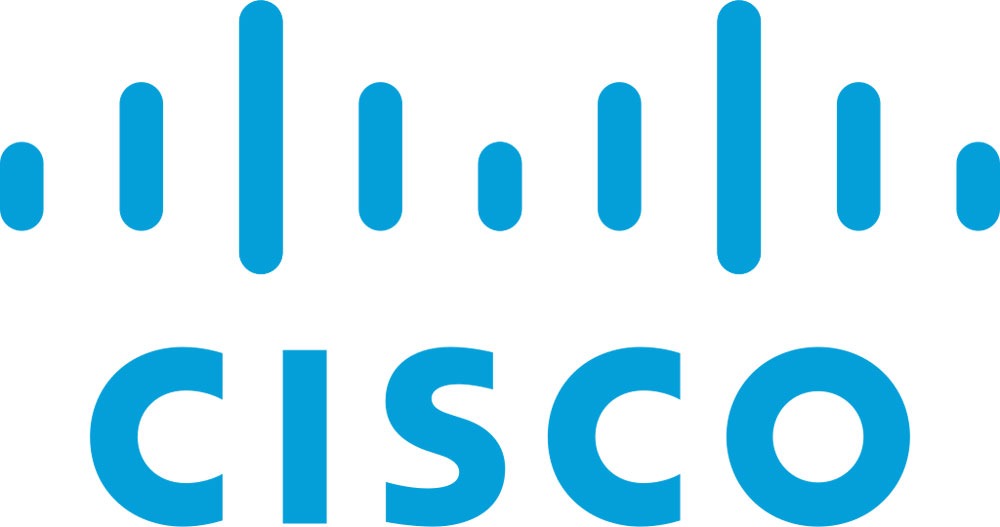
March 31, 2020; Vox, “Recode”
Admirably, there has been an outpouring of charitable giving as the scale of the crisis has become apparent. According to data gathered by Candid, as of April 1st, 400 donors have already committed grants valued at a total of more than $4.2 billion dollars to combat the impact of COVID-19. Thirteen organizations have already given $100 million or more. Not surprisingly, one of those is the Bill and Melinda Gates Foundation, which has a long history of support for fighting disease on a global scale. The COVID-19 crisis has motivated them to issue six new grants totaling $110 million, focused on developing new treatments and vaccines and bolstering public health systems.
The other nine-figure commitments have been made by for-profit corporations who see they cannot remain on the sidelines. Their giving covers a range of needs. Cisco Systems, at $218 million, has targeted funds for emergency medical services and medical support. Bank of America has committed more than $100 million to “increase medical response capacity, address food insecurity, and increase access to learning as a result of school closures.” Facebook has aimed its support at endangered small businesses. The multinational nature of the crisis and the world economy spreads these gifts across the globe.
The size of this corporate giving sounds impressive, but when the details behind these numbers are examined, they ring hollow. For example, only $8 million of Cisco’s grants will be in cash, with the remainder coming in the form of Cisco brand equipment. Facebook’s support of small businesses will include both cash gifts and free advertisements on the system. Wells Fargo, which announced grants totaling of more than $175 million, included the value of suspending “residential property foreclosure sales, evictions, and involuntary auto repossessions.”
The details do matter, according to Liba Wenig Rubenstein, who oversaw social impact at Tumblr. She told Recode that this corporate outpouring was “admirable—but that shouldn’t let them off the hook. We need to not simply say, ‘That’s a big number. That company is good,’ or overlook everything that we’ve been critical of them for. Any company that wants to stand up and beat its chest has to be prepared to back it up.”
In times of crisis, when the cash resources of those on the front lines are stretched, is in-kind giving very helpful? As Chuck Brown, an adviser to Bay Area nonprofits explained to Recode, these gifts are more self-serving than self-sacrificing.
Sign up for our free newsletters
Subscribe to NPQ's newsletters to have our top stories delivered directly to your inbox.
By signing up, you agree to our privacy policy and terms of use, and to receive messages from NPQ and our partners.
[You] can’t make payroll on ad credits. You’re just giving them a coupon to use their services and entrench their platforms into your nonprofit. It’s clearly a huge benefit for them—where if you truly supported the nonprofit sector, you would put cash on hand and you would give them zero restrictions.
This appears to be what Netflix has done by creating “a $100 million relief fund to help members of the creative community who have been left unemployed and without a way to earn an income during the coronavirus (COVID-19) crisis.”
The bulk of the funds will go toward supporting laid-off crew members. Additionally, $15 million of the Netflix fund will go to third parties and non-profits that offer emergency relief to out-of-work crew and cast in countries where there’s a large production base.
Akhtar Badshah, who oversaw corporate philanthropy at Microsoft for a decade, urged profitable corporations to rethink their approach: “If a nonprofit has no money, there is no amount of ad dollars that will help them at this point. I think it’s great that Cisco is giving these credits or Google is giving these credits or anybody that is doing in-kind donations to the nonprofit community or any community. But I feel that this is really the time where a lot of these companies can afford the cash that needs to go out, and I think that’s what needs to happen.”
In the public relations arena, announcing a large gift may be more important than the details of the giving. Whether forgoing ad revenue for ads that would not otherwise have been sold is a fair way to value that “gift” is debatable, but it does look nice when put in a press release headline. Moving, as Wells Fargo appears to have done, already committed giving into a COVID-19 gift bucket will make the gift seem larger but does not represent new money. As Badshah explained to Recode, the gift of $10 million in cash that TikTok recently announced “would be ‘far more valuable’ than those of Cisco, which claimed a headline donation that is over 20 times as large.” It would be good if large, profitable companies heeded this advice.—Martin Levine













